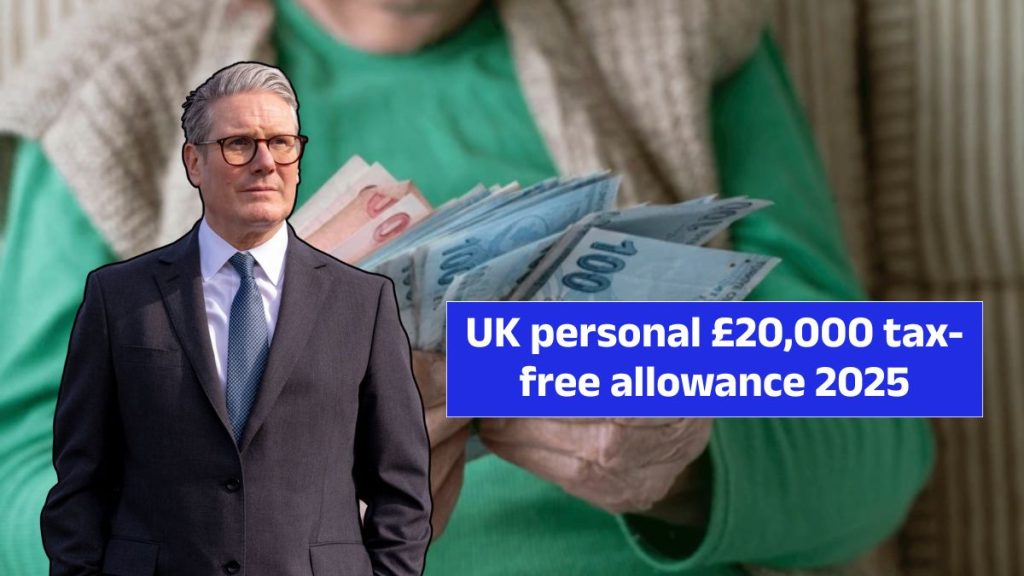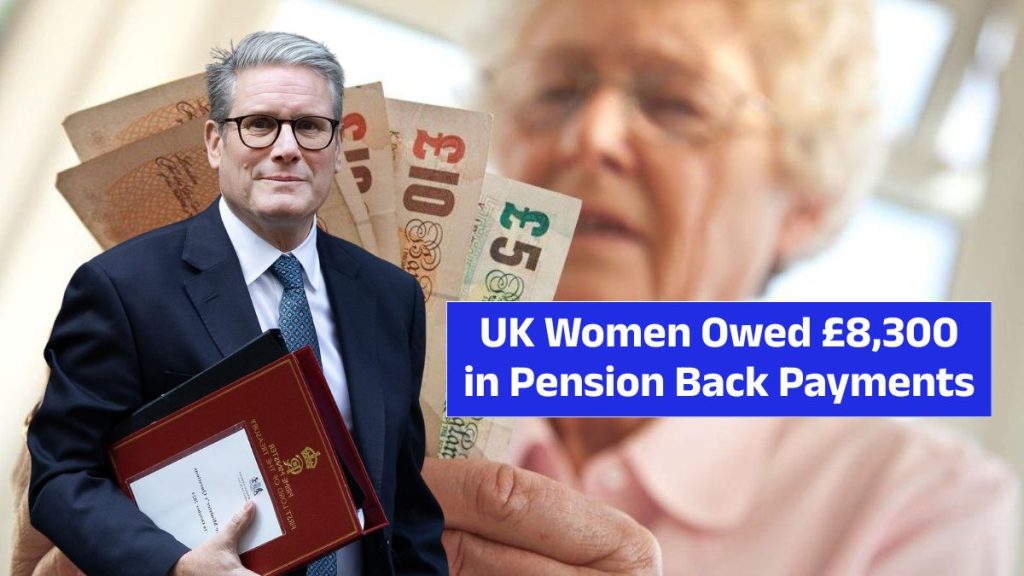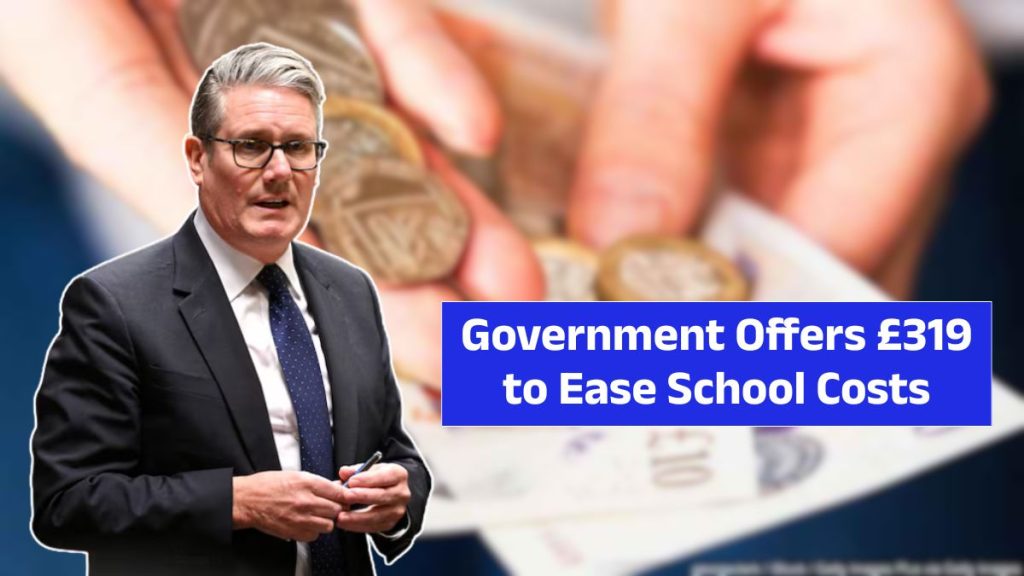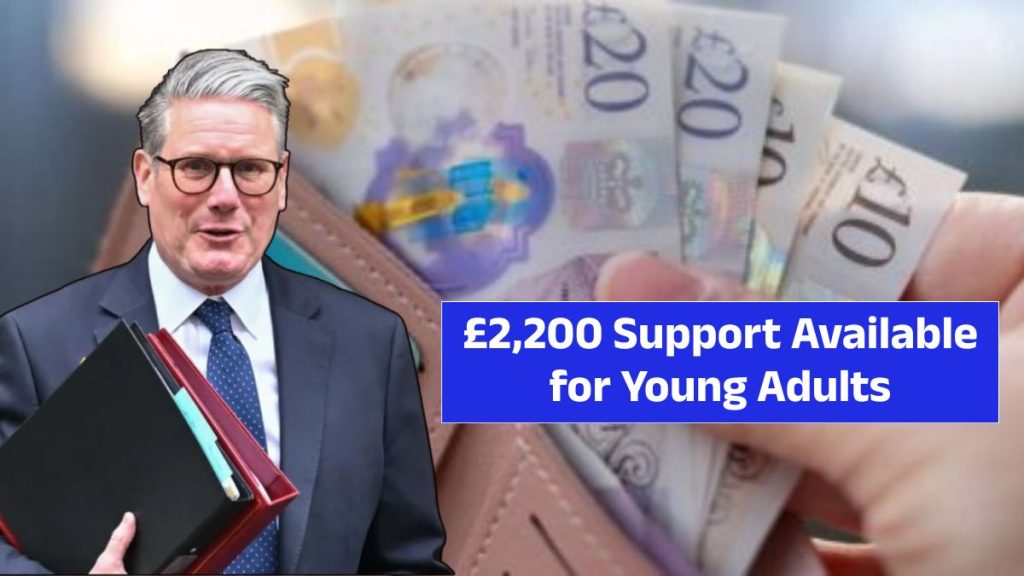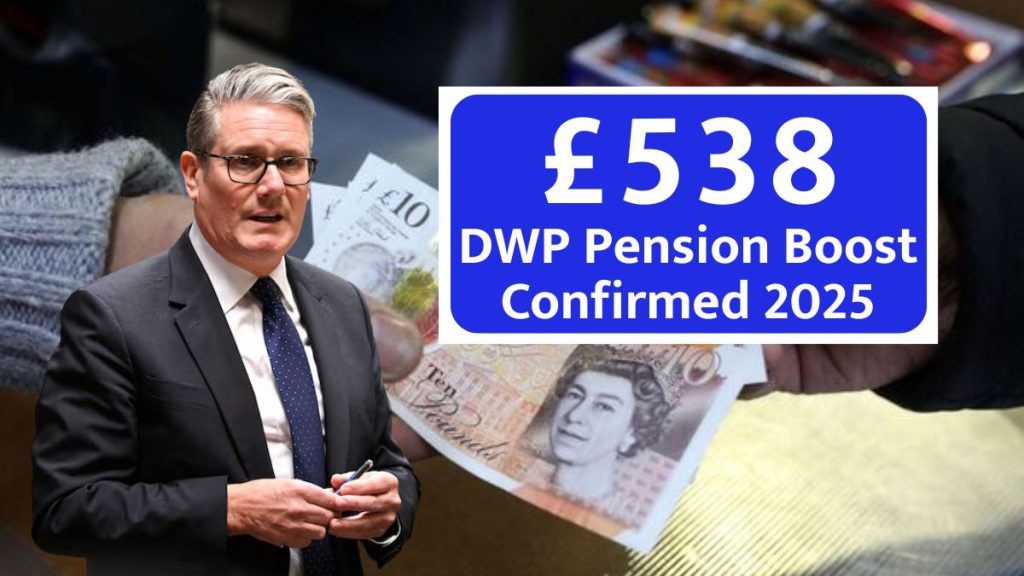The UK Government is urging young people aged 16–24 to check their eligibility for financial support worth over £2,200 in 2025. With inflation pushing up rent, bills, and education costs, this support could play a vital role in helping young adults manage their finances.
Yet, thousands may remain unaware they qualify. In this detailed guide, we explain who can claim, what payments are included, how to apply, and why acting early is essential.
Who Can Claim Government Support in 2025
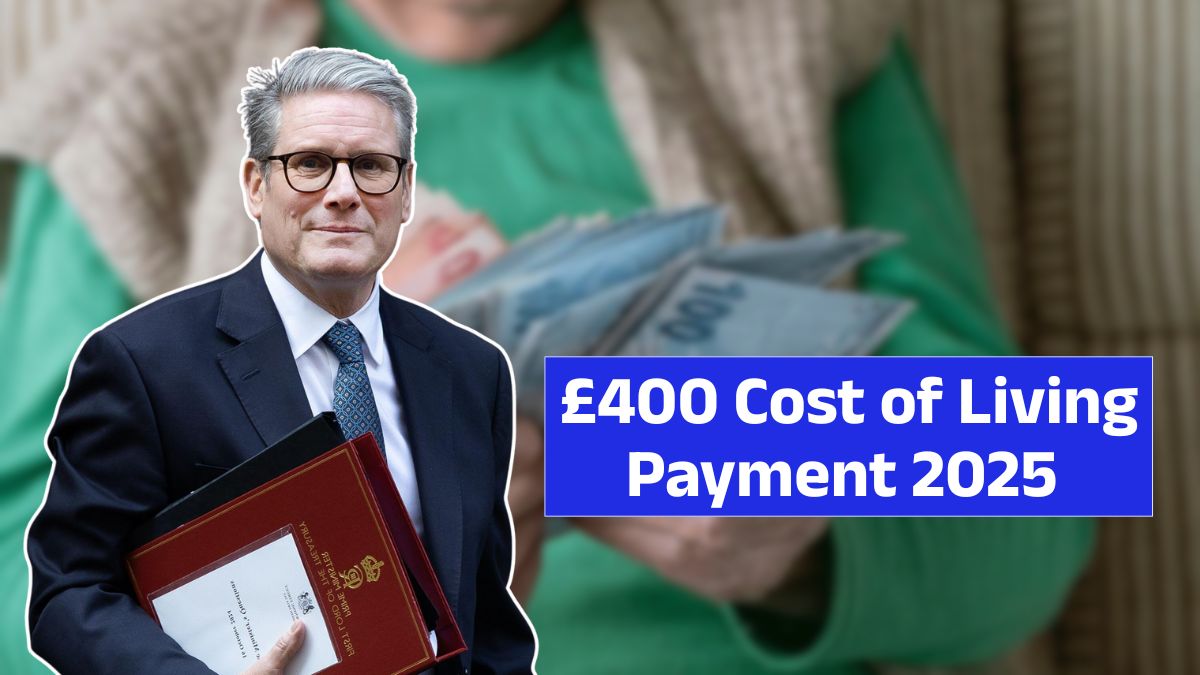
Eligibility is based on factors such as age, income, education status, and circumstances. Generally, young people aged 16–24 may qualify if they:
- Are in full-time or part-time education.
- Are on a low income or part-time work.
- Receive Universal Credit or other benefits.
- Are apprentices or in training programmes.
- Face unexpected financial pressures, such as high rent or bills.
The scheme is designed to target young adults most in need, ensuring they receive timely help.
Types of Payments Making Up the £2,200
The £2,200 is not a single lump sum but a combination of support schemes, including:
- Youth Allowance and Universal Credit top-ups – for young adults in low-paid work or part-time roles.
- Education grants and scholarships – bursaries for students in further or higher education.
- Cost of living support – payments designed to help with food, energy, and essential bills.
- Apprenticeship or training support – extra money for apprentices covering travel, tools, and living costs.
Together, these schemes could total over £2,200 for eligible young people.
How to Check Eligibility
The process is straightforward. Young adults can use the official GOV.UK eligibility checker by entering:
- Age and education status.
- Household income.
- Employment situation (e.g., part-time work, apprenticeship, unemployed).
It is important to provide accurate details to avoid delays or rejected applications.
Benefits of Claiming This Support
Claiming government support can ease financial stress and cover essential expenses such as:
- Rent and utility bills.
- Food and travel costs.
- Education supplies, tools, or training expenses.
For many, even small top-up payments can bridge monthly financial gaps and improve stability.
Deadlines and Application Process
Some payments have strict cut-off dates, so young people must apply early.
- Most applications are completed online in under 15 minutes.
- Claimants usually need ID, bank details, and proof of income or education.
- Payments are made directly into bank accounts once verified.
Delaying could mean missing out entirely on 2025 payments.
Common Misconceptions About Youth Payments
Many young people believe they are not eligible because they:
- Already work part-time.
- Are students receiving loans.
- Think only unemployed people can apply.
In reality, working students and low-income earners often qualify. The system is designed to be simple and accessible, with clear online guidance.
Support Available for Students
Students in particular may benefit from:
- Hardship funds for emergencies.
- Maintenance grants and bursaries separate from tuition fee loans.
- Regional support for those studying in high-cost areas like London and the South East.
For students, these payments can significantly reduce living costs.
The Risk of Missing Out
Failing to claim could leave young people at a disadvantage. The £2,200 support package may cover several months of essential expenses. With rising rent, food, and travel costs, not applying could mean falling into debt or financial hardship.
How to Apply Safely
To avoid scams, applicants should:
- Use only GOV.UK and official education or apprenticeship websites.
- Avoid sharing personal details through unofficial links, emails, or texts.
- Keep a record of application reference numbers for confirmation.
Role of Parents and Guardians
Parents and guardians can provide vital support by:
- Helping with online applications.
- Checking eligibility on behalf of their children.
- Reminding young adults about deadlines.
This guidance can prevent missed payments and reduce stress.
Government’s Aim Behind the £2,200 Support
The scheme is part of a wider government effort to support young people through:
- Easing the transition into adulthood.
- Reducing financial inequality.
- Supporting education, apprenticeships, and job opportunities.
By offering financial help, the government hopes to stabilise young people’s budgets during a period of rising living costs.
Key Takeaways
- UK young people aged 16–24 could receive £2,200 in support payments in 2025.
- Eligibility depends on income, age, and education or employment status.
- Payments include Universal Credit top-ups, education bursaries, and cost-of-living support.
- Applications are mostly online, with strict deadlines.
- Missing out could leave young people at a financial disadvantage.
FAQs on the £2,200 Support for Young People
1. Who can claim the £2,200 government support?
Young people aged 16–24 who meet criteria such as low income, part-time work, studying, or receiving certain benefits.
2. Is the £2,200 a single payment?
No, it is a combination of payments from different government schemes.
3. How do I apply?
Most applications are made online via GOV.UK. You will need ID, bank details, and proof of eligibility.
4. Will claiming affect other benefits?
Generally, no. These payments are designed to add to your support, not reduce other entitlements.
5. Can students apply?
Yes. Students are often eligible for bursaries, hardship funds, and top-ups in addition to maintenance loans.









